Announcing the Floret Scholarship winners is always one of the highlights of the year for all of us here at Floret.
Over the last week, the team and I have been hustling to ship boxes of bulbs during the day and read the scholarship essays in the evenings. It was both exhausting and exhilarating! There also was a bit of healthy competition as we compared the number of steps we took packing bulbs and the number of essays we read through the night before.
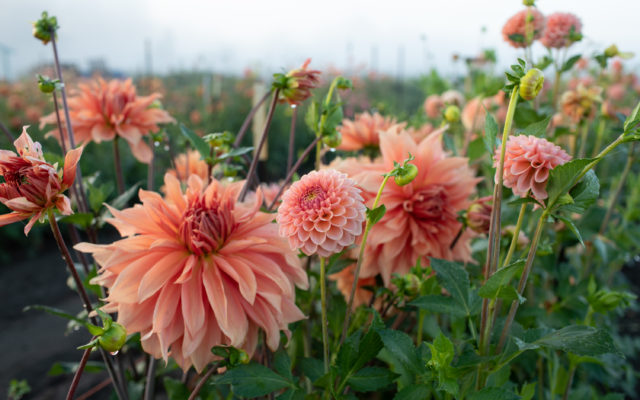 As we pored over the submissions and discussed the process, the team and I were amazed at the level of interest there is for growing flowers on a small scale, but in a big way. The reasons why people want to grow flowers varied, but a common thread woven throughout many of the essays touched on the way in which flowers tap into our emotions. From the amount of joy, comfort and happiness they provide, to the the vivid memories they spark, the nostalgia they stir, and the healing and contentment they offer, flowers have an incredible ability to stir up our sentiments. I can’t think of another garden crop that has this same effect on people!
As we pored over the submissions and discussed the process, the team and I were amazed at the level of interest there is for growing flowers on a small scale, but in a big way. The reasons why people want to grow flowers varied, but a common thread woven throughout many of the essays touched on the way in which flowers tap into our emotions. From the amount of joy, comfort and happiness they provide, to the the vivid memories they spark, the nostalgia they stir, and the healing and contentment they offer, flowers have an incredible ability to stir up our sentiments. I can’t think of another garden crop that has this same effect on people!
Once again, I was blown away by the number of applications submitted. We received more than 3,100 submissions from a record 70 different countries. Yes, 70! It was incredible to see essays sent in from as far away as Bulgaria, Bhutan, Guatemala, Uganda, Romania, South Korea and South Africa. What an incredible indicator of the growth of the seasonal flower movement and the level of interest in small-scale flower farming around the globe.
A number of applicants included the famous Audrey Hepburn quote, “To plant a garden is to believe in tomorrow.” At a time when the news is dominated by anger and outrage, the optimism shared by flower lovers is so refreshing. After feeling a little worn out after a long growing season, reading the optimism and hope expressed in the essays was a beautiful balm for the soul. Plus, thanks to the generosity of an anonymous donor, we are able to offer an additional scholarship! This proves, once again, that the flower community is made up of some of the kindest, most giving people you can imagine.
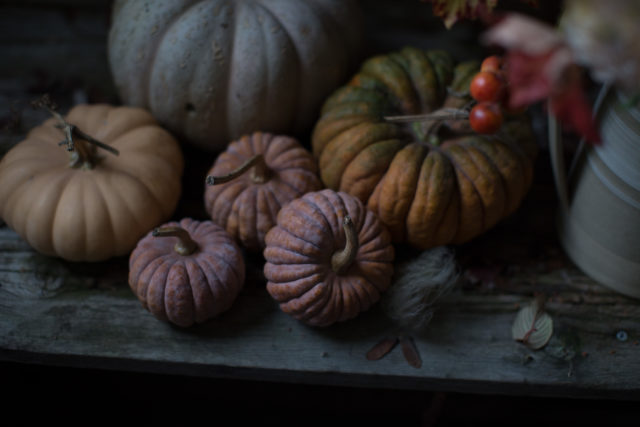 Every year, there seem to be a few common themes among the scholarship essays. Here are the ones we noted:
Every year, there seem to be a few common themes among the scholarship essays. Here are the ones we noted:
Paying it forward
We received more applications than ever before from schools, nonprofits and women starting small businesses that support charitable causes. From organizations working with veterans groups and the LGBTQ+ community, to businesses that benefit women recovering from abuse or recent incarceration, the drive to serve others and our communities is strong among applicants.
“I wanted to thank our neighbors and volunteers and first responders [for putting the wildfire out near our house], so I dusted the ashes off my last roses of the season and made bouquets. These were my very first farmer-florist offerings.”
“Sold 150 Dahlia plants, and donated money to victims of the Easter Sunday bomb blast in Sri Lanka in April 2019.”
“We also wish to support specialist residential homes whose aims are to enhance the lives of those living with memory loss and dementia by stimulating memories and conversations through flowers and their fragrance.”
“My heart is to use this flower farm to make a lasting impact on our small community. There are so many struggling women, to whom my heart goes out to, that I would love to mentor, teach, and grow with.”
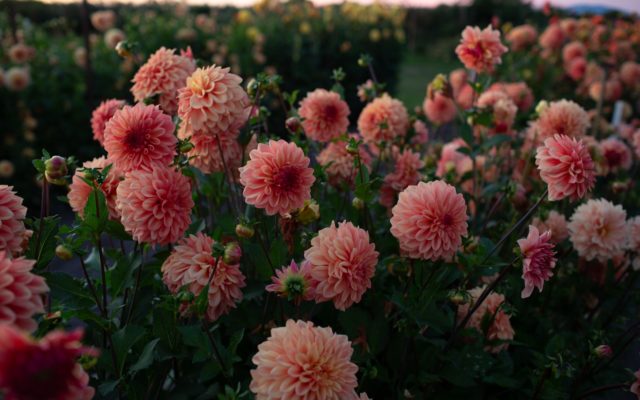 Creating places for healing
Creating places for healing
Flower gardens have given so many people a much-needed space to escape or recover from cancer, depression, addiction, illness or the devastating loss of a loved one.
“Having my hands in the dirt has always been life-giving, peace-breathing, healing, hopeful.”
“We want to start a flower farm and venue to make a safe space for art, creation, healing, and rest. And a haven for other makers and local producers.”
“In the process of finding myself I became a gardener. I started working for older ladies to restore their gardens to their former beauty after experiencing loss, illness and loneliness.”
“Growing flowers heals my body and mind.”
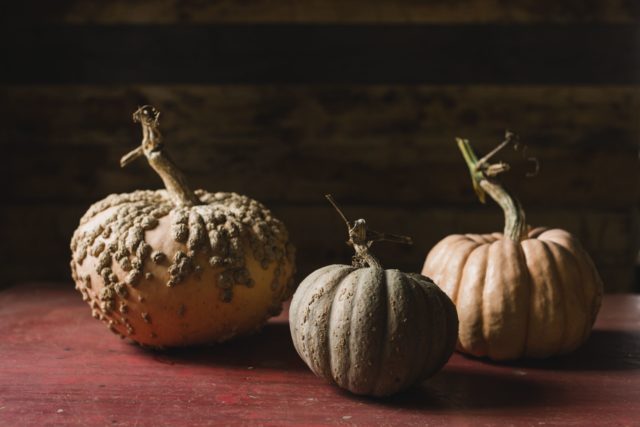 Creating a haven for pollinators, people and a climate in crisis
Creating a haven for pollinators, people and a climate in crisis
Environmental concerns including habitat loss, dwindling populations of bees and other pollinators and global climate change surfaced in many of the essays.
“My idea is to create a flower farm that grows on a soil that captures carbon, a soil that helps with climate change.”
“In an important ecological moment for our planet, community gardens also offer an opportunity to teach our children about planting systems. The more growing we do, the more wildlife there is, and the more pollinators.”
“I hope to have a children’s teaching garden some day. A place to play, and learn about gardening, pollinators, and creating art with flowers.”
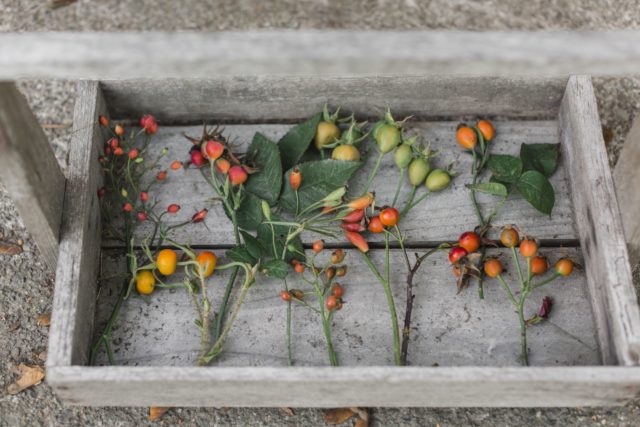 Pursuing passions and dreams
Pursuing passions and dreams
Planting and harvesting flowers is a welcome escape from feeling stuck or sedentary because of computer screens, long commutes and cubicles.
“I have never felt more alive and full of purpose.”
“…like many dreams, it (growing flowers) was packed away in favor of practicality and a cubicle (which is, in my opinion, where creativity goes to die).”
“The relationship I have with flowers is more than a hobby, it’s love.”
“I’m a mother of 3 small children. Recently a fellow mother asked “how do you find the time to garden?” My answer was ‘I refuse to put this hobby on hold.’ When you become a mother, you happily give up much about yourself for your newfound loves, but I had to hold on to my passion that has brought so much joy, beauty, and calmness.”
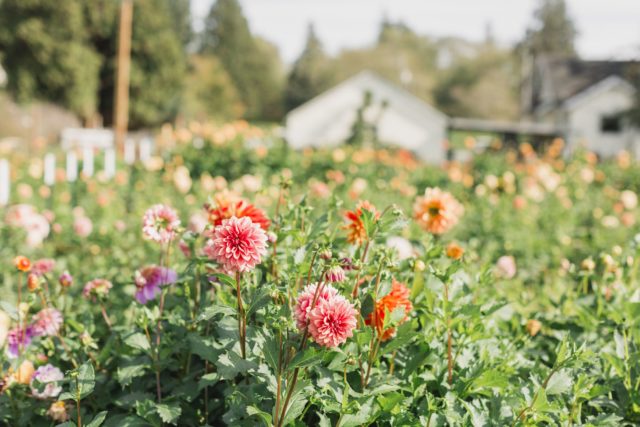 Connecting with family & childhood memories
Connecting with family & childhood memories
Many scholarship seekers shared special memories of being in the garden alongside parents or grandparents as children. Even more essays discussed wanting to make similar memories with their own children and grandchildren.
“The fragrance of the blooms is so powerful that it always brings me back in time to my grandparents garden, where I used to spend my summers. And that is very important to me – to hold on to this memory of them and my country. I moved to United States 13 years ago from Lithuania. My garden is the portal home.”
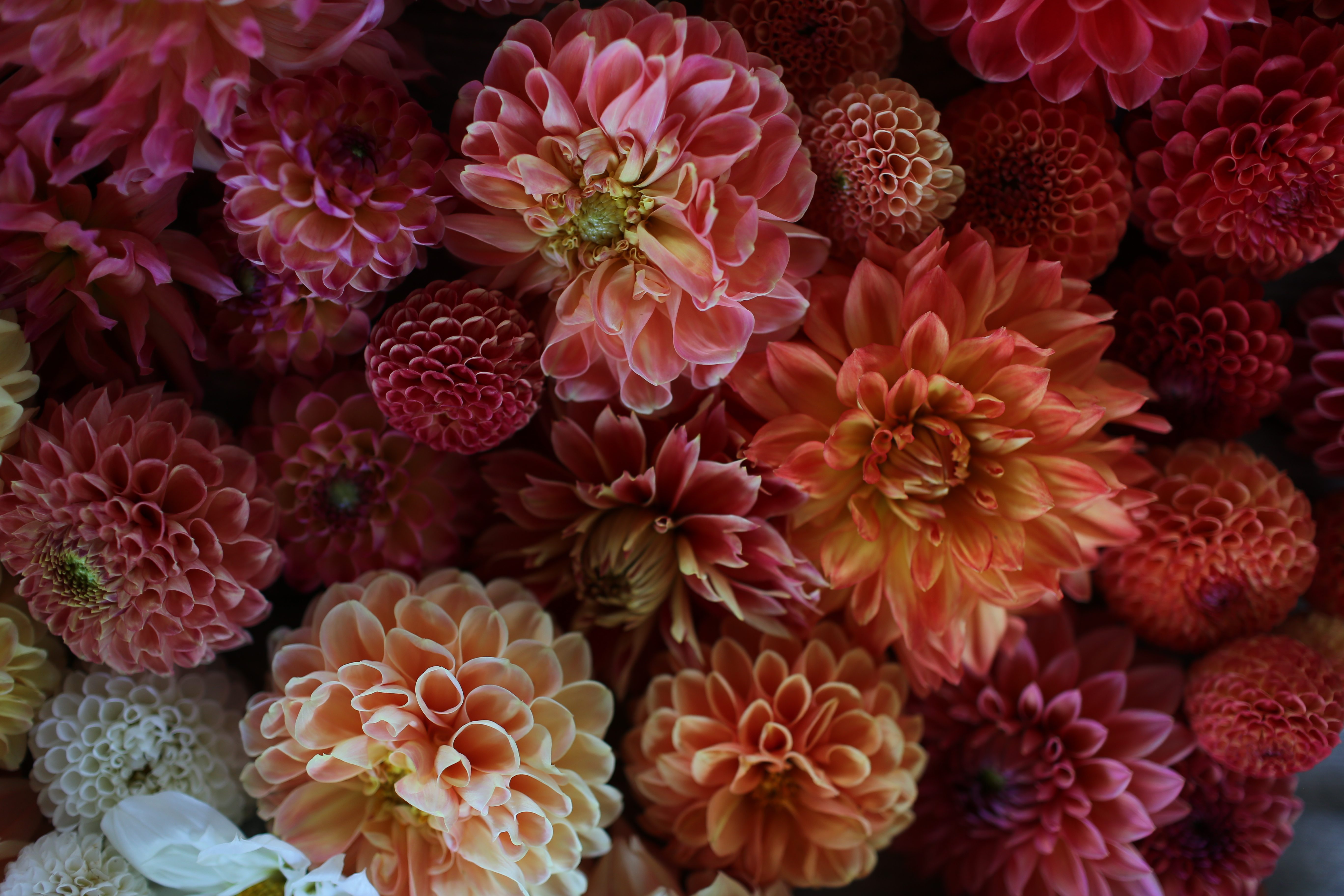
Before I introduce the winners, I want to take a moment to say thank you. I can’t even begin to express my appreciation to everyone who applied for a scholarship. Thank you so much for sharing your hopes, dreams, poignant memories and personal stories with me. Some of your essays made me laugh out loud and a few even made me tear up. But reading them left me feeling incredibly inspired, hopeful and even more dedicated than ever to helping others grow, share and enjoy seasonal flowers. Thank you again.
Without further ado, I’m honored to introduce the 2020 Floret Scholarship awardees:
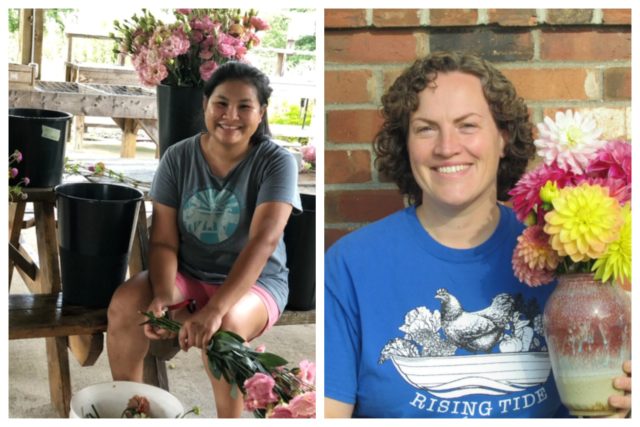
Mookho Paw, Transplanting Traditions Community Farm, Chapel Hill, North Carolina
Mookho Paw was born in a small village in Burma where her family farmed for generations before the Burmese army clashed with her Karen ethnic group. The family escaped the violence by fleeing to a refugee camp in Thailand. “I spent my teen years in the camp, hoping one day I would go home, but that was not the case. I remember growing up in the camp was hard. There was nothing to do. I would just wait for the day to end. We didn’t have enough food, so we started growing food in the backyard and there was always a spot for flowers. Helping my mom in her garden distracted me from bad things happening around me.”
In 2007, Mookho moved her mother to North Carolina. “My mom started farming at Transplanting Traditions, a non-profit farm for refugees. I helped my mom out and realized that I love farming. We farm alongside other families from Burma, just like home. I got a part-time job running the greenhouse and then I decided to grow flowers, because there were vegetables but no flowers. Last year, I started selling bouquets at the farmers market and customers loved them. This year, I grew flowers for 15 CSA members and continued to sell out at market. My customers are happy and want more flowers. Growing flowers heals my body and mind.”
Sarah Dolan, Rising Tide Farm, Juneau, Alaska
With access only by airplane or ferry, Juneau’s landlocked location means residents rely on food, flowers and other goods being shipped in from afar. Sarah Dolan started Rising Tide Farm less than a year ago with the dream of helping her community become more sustainable. A Master Gardener, Sarah currently sells plant starts in the spring and offers garden consulting. She plans to expand her flower farm to include a U-Pick patch, offer classes and tours for school groups, and sell seasonal flowers to local florists, who currently don’t have any local suppliers. With few other farms in the area, Sarah also plans to create a small dairy, because, as she notes, “our community has a real need for sustainability due to our unique location.”
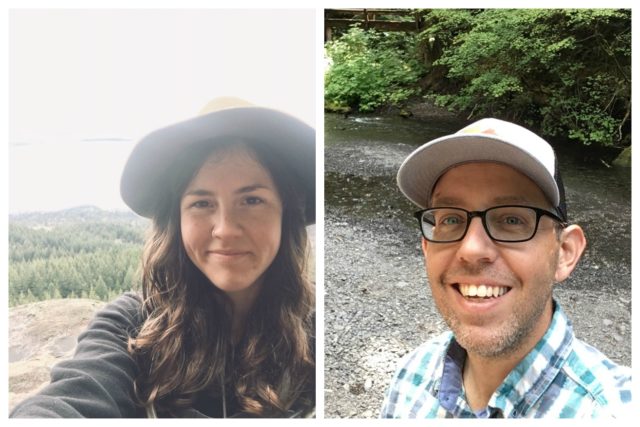
Kylie Lewis, Bellingham, Washington
While raising her younger sister, Kylie Lewis simultaneously studied sustainable agriculture at Evergreen State College. “Becoming her guardian made me want to be my best self,” she shared. “Farming expedited the journey. Farming tenders strength, determination and hope.”
Kylie spent the next decade working as a field hand and manager at organic vegetable farms in Oregon and Washington. She recently started apprenticing with a local farmer-florist, where she trades her farm knowledge for lessons in floristry and design. Kylie now wants to apply her knowledge seeding, propagating, planting and harvesting vegetables in order to expand into growing flowers on a small scale. Her dream is to “successfully manage a small plot of land growing high-density successions of flowers, focusing on wholesale and floral design for weddings, special events, and bouquet subscriptions.”
Peter Davis, Charlottesville High School, Charlottesville, Virginia
As the Charlottesville High School Youth Engagement & Garden Coordinator, Peter Davis teaches Urban Farming classes through an entrepreneurial lens. The school has a 1/2 acre plot which includes a wildflower patch that Peter describes as “the favorite spot for many of our students. They enjoy growing vegetables, but I know they would love the adventure of including more cut flowers into our program.”
“We would have endless opportunity to incorporate the flowers into our student-run business and we also have at least another acre of available land available to us for expansion.” Peter wrote. “I have highlighted Floret several times in my classes already and I know that the students would learn so much. I am confident that we could truly take our program to the next level and inspire a future generation of farmers with the help of the Floret Online Workshop.”
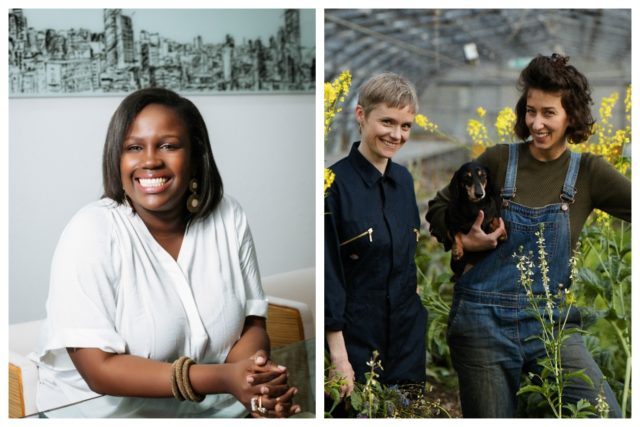
Sharon Kamau-Ledwaba, Neloshan International, Nakuru, Kenya
Kenya is one of largest exporters of cut flowers in the world and produces 1 of every 3 flowers sold in the European Union. Although the flower industry is one of the largest employers in the country, less than 1% of the farms are owned and operated by women. Low wages ($65 and $100 per month) for women, who make up the majority of the workforce, is barely enough to provide for their families, leaving many living in poverty. Sharon Kamau-Ledwaba and her nonprofit organization, Neloshan International, works with small-scale co-operatives in Kenya to provide training and business skills development to single mothers. The organization is creating a social enterprise that will purchase flowers directly from these cooperatives at a fair market rate and all profits from the sale of the flowers will be put back into the organization to expand its reach. She hopes to use the Floret Online Workshop training to “enable our team to provide practical and technical training to the members of the cooperatives to ensure that they are able to build sustainable and profitable businesses that will eventually lift them and their families out of poverty.”
Marianne Mogendorff & Camila Klich, Wolves Lane Flower Company, London, England
Wolves Lane Flower Company is a micro flower farm in North London started in April 2017 by Marianne Mogendorff and Camila Klich. After a British Flower Week award and some high profile press, their flower business has a lot of potential. But with a tiny growing area that consists of a 0.3 acre plot and 40 meter glasshouse, the duo must dramatically increase production and improve efficiency in order to meet demand. A recent workshop series teaching sustainable floristry to women with a lived experience of human trafficking has sharpened their sense of mission.
“We want 2020 to be focused on growing both our plants and our business more healthily and sustainably to meet the demand for British, seasonal flowers which has EXPLODED this year in London,” Marianne shared. “There are a tiny handful of flower growers within London and the UK’s largest market for British flowers. Enabling more brides and florists to choose the sustainable, seasonal option excites and drives us and we want to be the leaders of this change in the capital.”
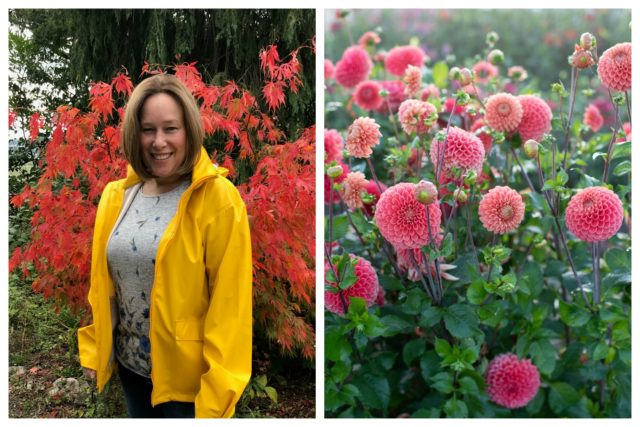 Deanna Petit-gas, La Petite Ferme, Saanichton, British Columbia, Canada
Deanna Petit-gas, La Petite Ferme, Saanichton, British Columbia, Canada
Using the first daffodils in spring, the last dahlias in late fall and every bloom in between, Deanna Petit-gas makes small bouquets to sell at her roadside farm stand via an honor jar system. Over the years, Deanna has developed regular customers who purchase her homegrown blooms from a “converted old barbecue painted red.” She plans to build a larger structure in order to expand her bouquet offerings.
“My reasons for growing and selling flowers are more personal. I was formerly a grade 4/5 teacher, but had to give up my career in my late-thirties due to profound hearing loss from a condition called Auto-immune Inner Ear Disease,” Deanna wrote. “My goal is to share my love of flowers and put beauty out into the world at an affordable price. I’m not planning to build an empire, as my health is not predictable enough to make that possible, but I would like to make my flower farm self-sustaining so that sales cover my costs including gardening support.”
Please join me in congratulating all the winners! All of us here at Floret are so thrilled to have this group join us for the upcoming 2020 Floret Online Workshop.
I am so grateful to everyone who completed a scholarship application. Your stories touched us, humbled us, and inspired us more than you’ll ever know. Thank you.

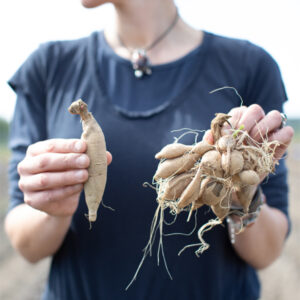
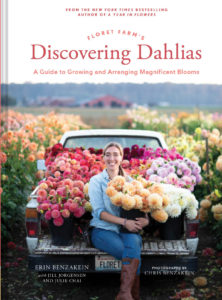
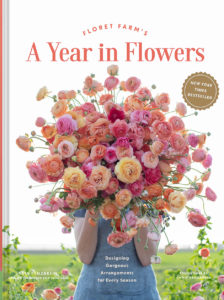
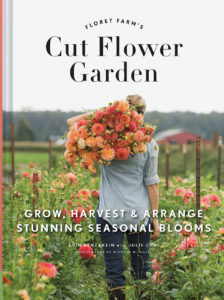

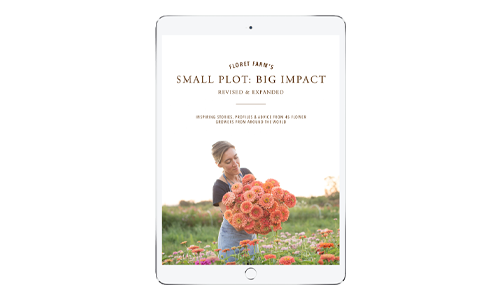
Peggy on
All sooo inspiring! Congratulations!